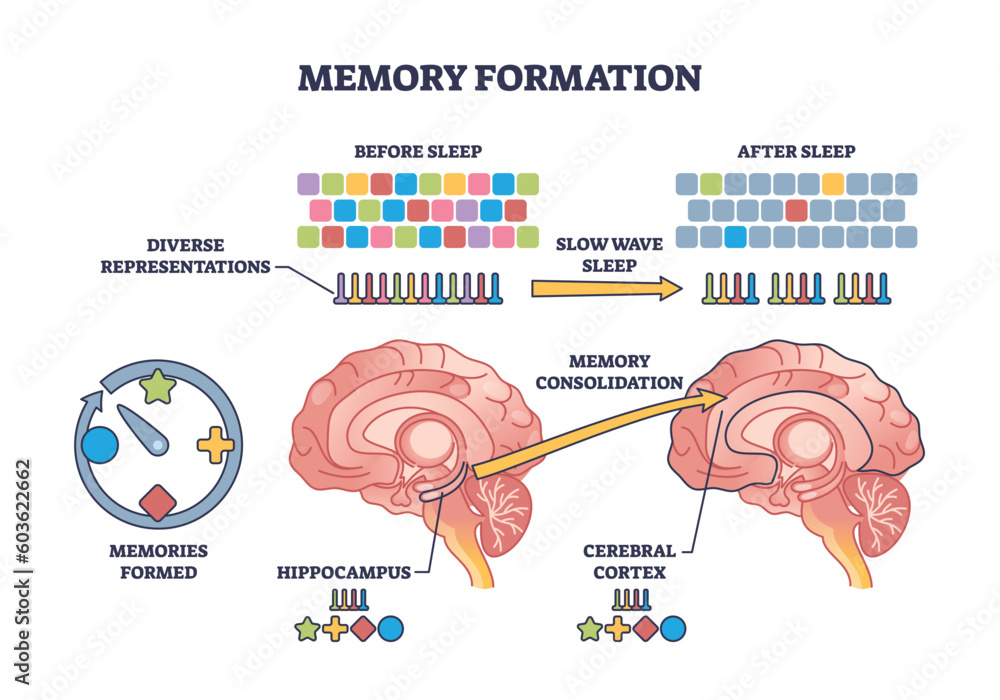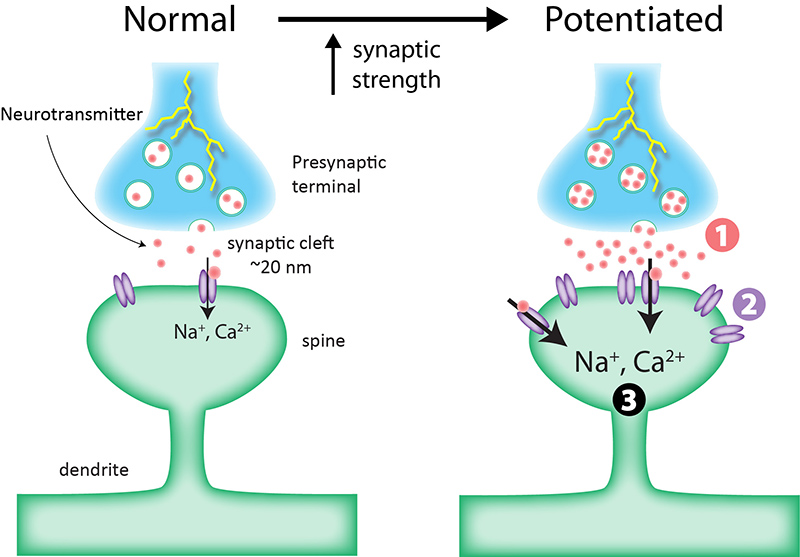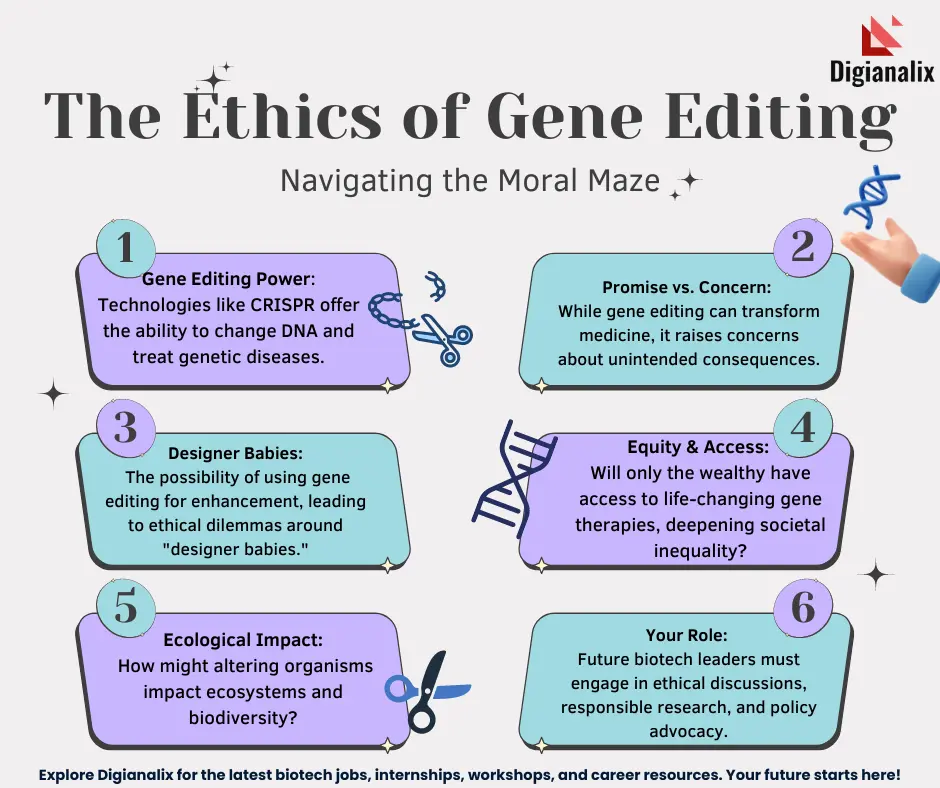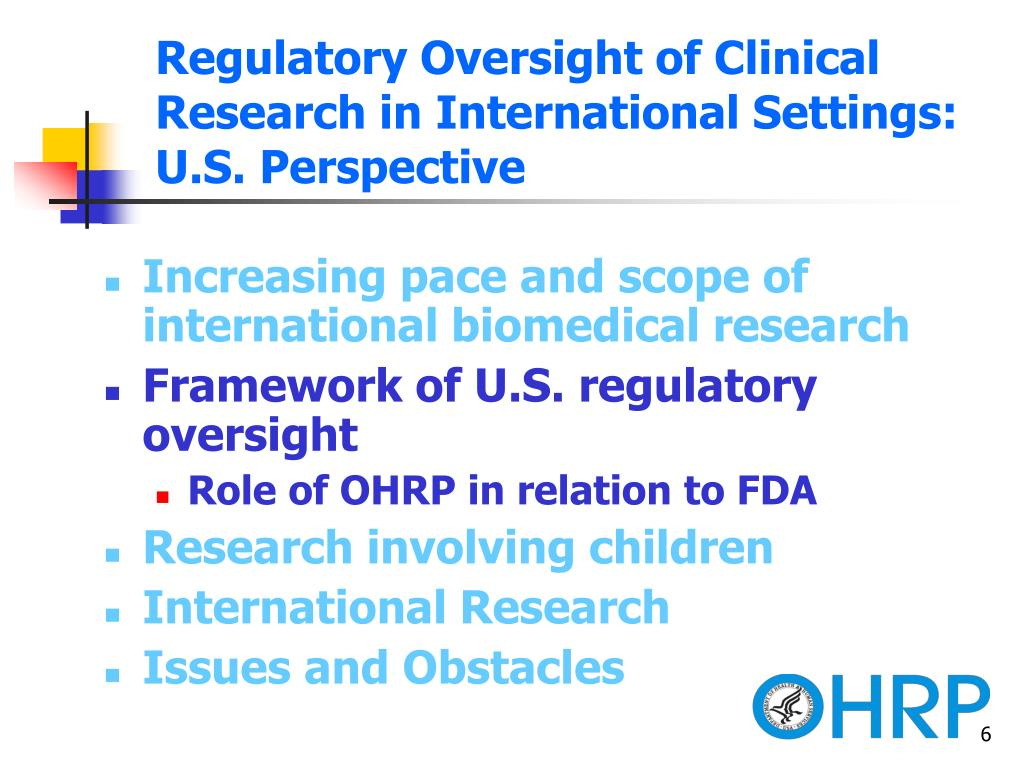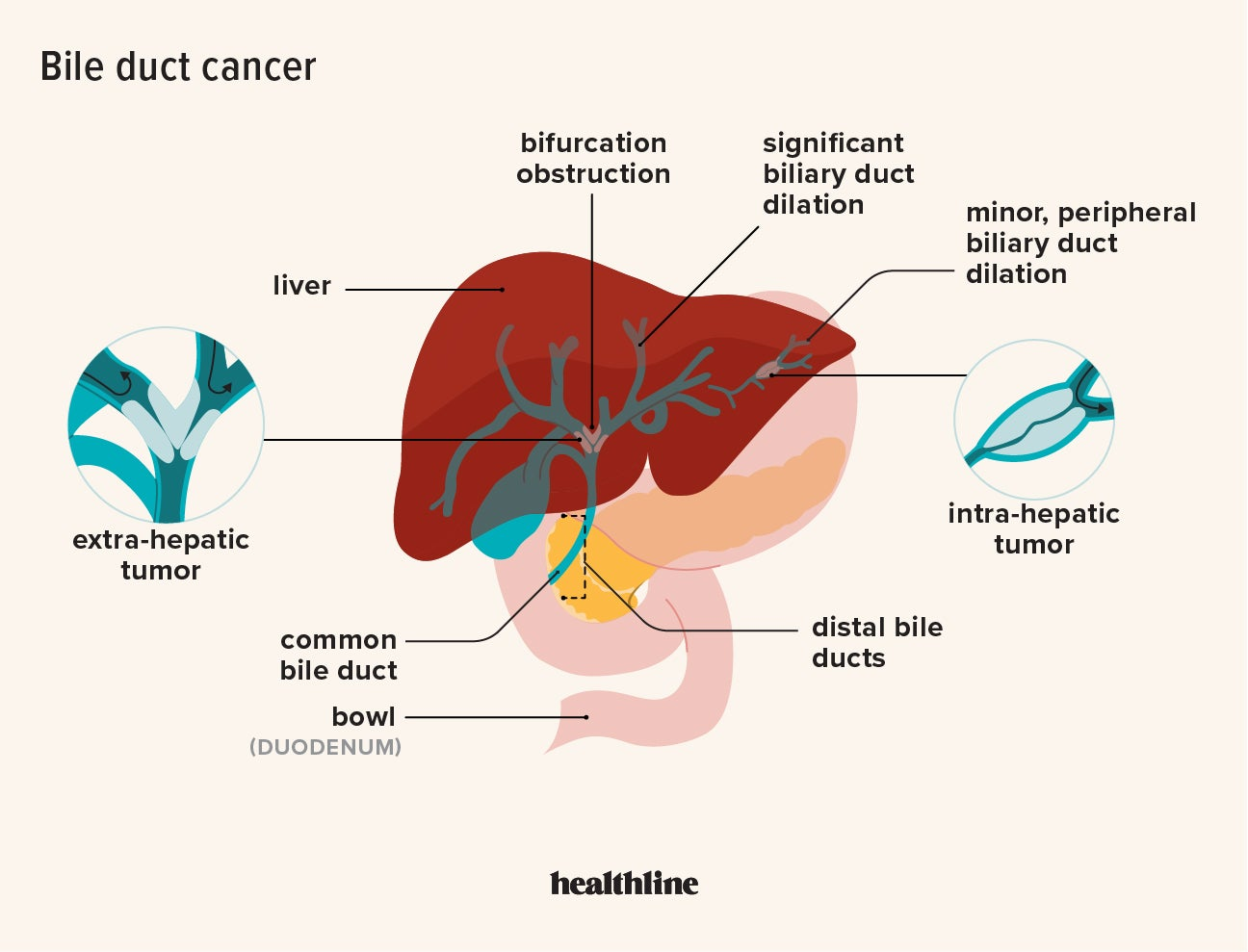
Bile imbalance linked to liver cancer is emerging as a crucial topic in understanding hepatocellular carcinoma (HCC), the most prevalent form of liver cancer affecting millions worldwide. Recent studies reveal that an irregularity in bile acids, the vital substances produced by the liver for fat digestion, can significantly trigger the onset of liver diseases, including HCC. By exploring the molecular switches that regulate bile production, researchers are uncovering potential new avenues for liver cancer treatment. Moreover, the interplay between bile acids and pathways such as YAP signaling and FXR activation emphasizes the intricate relationship between liver health and cancer progression. As we delve into the mechanisms of bile metabolism, the hope for innovative therapies to combat liver cancer becomes increasingly tangible.
The connection between bile imbalance and liver cancer, also known as hepatic carcinoma, highlights the critical role of bile acids in liver health. These bile components not only facilitate the digestion of fats but also regulate various metabolic processes that are vital for maintaining overall liver function. Disruptions in bile acid homeostasis can lead to liver inflammation and an increased risk of developing HCC. Recent findings suggest that targeting the FXR nuclear receptor might provide a promising strategy for liver cancer therapy, as it plays a pivotal role in bile acid regulation. Understanding YAP signaling in this context further enhances the potential for developing effective interventions against liver diseases.
Understanding Bile Imbalance and Its Impact on Liver Health
Bile imbalance, a condition where the production and composition of bile acids are disrupted, has profound implications on liver health. Bile acids are synthesized by the liver, playing a crucial role not only in fat digestion but also in regulating metabolic processes throughout the body. When bile acids are overproduced or inadequately secreted, they can lead to bile acid toxicity, resulting in liver inflammation and injury. In severe cases, this imbalance is linked to the development of hepatocellular carcinoma (HCC), highlighting the need for a nuanced understanding of how bile acids contribute to liver disease.
Research indicates that maintaining bile acid homeostasis is vital for liver function and overall health. Disruption in bile acid regulation can initiate a cascade of events leading to liver fibrosis and eventually liver cancer. It’s critical to explore therapeutic strategies that can restore bile balance in patients at risk for liver diseases. By implementing interventions that target the underlying causes of bile imbalance, health professionals can potentially prevent the progression of liver conditions and improve patient outcomes.
The Role of FXR Activation in Liver Disease Management
Farnesoid X receptor (FXR) activation has emerged as a promising avenue for managing liver diseases, particularly in the context of bile imbalance. FXR is a nuclear receptor that plays a pivotal role in maintaining bile acid homeostasis through its involvement in bile acid metabolism. When FXR is activated, it can help regulate the production and transport of bile acids, preventing their toxic accumulation in the liver. This mechanism of action positions FXR as a key target for developing therapeutic strategies aimed at treating liver conditions, including HCC.
Research has shown that enhancing FXR activity not only promotes bile acid excretion but also mitigates liver inflammation and fibrosis, thereby reducing the risk of progression to liver cancer. By pharmacologically stimulating FXR, it may be possible to design effective treatments that address the disruptions in bile acid metabolism, providing hope for those affected by bile imbalance and liver cancer. This innovative approach emphasizes the importance of targeted therapy in improving health outcomes for patients with liver diseases.
YAP Signaling Pathway and Its Connection to Bile Metabolism
The YAP signaling pathway has gained attention for its significant implications in liver cancer development and bile metabolism regulation. While YAP is often associated with promoting cell growth, recent studies reveal its repressive role in bile acid metabolism. YAP exerts its effects by interfering with FXR functionality, thereby leading to an imbalance in bile acid production. Understanding the dual role of YAP opens new avenues for research into potential interventions that could mitigate liver damage and prevent HCC resulting from bile imbalance.
By manipulating YAP activity, researchers are exploring the possibility of restoring normal bile acid metabolism and improving liver health. Inhibition of YAP’s repressive actions has shown promise in animal models, demonstrating reduced liver inflammation and enhanced FXR function. This insight underscores the interconnectedness between signaling pathways and metabolic regulation, offering a strategic target for future therapies aimed at combating liver cancer and preserving liver function in patients with bile acid-related disorders.
Exploring Pharmacological Solutions for Bile Imbalance
The need for pharmacological solutions to address bile imbalance in liver cancer patients has never been more pressing. With recent discoveries highlighting the critical role of FXR activation, therapy aimed at restoring bile acid homeostasis is gaining traction. Potential pharmacological interventions that stimulate FXR could revolutionize the way we approach liver cancer treatment. Such therapies not only hold promise for those with existing liver diseases but also represent a preventive strategy for individuals at high risk due to bile acid dysregulation.
Innovative drug development focused on enhancing bile acid metabolism through FXR activation could lead to significant advancements in liver cancer treatment. Additionally, investigating compounds that can effectively modulate the YAP signaling pathway may present a dual-target approach, addressing both bile imbalance and tumorigenesis simultaneously. The convergence of these findings fortifies the argument for integrating metabolic regulation into liver cancer therapeutic strategies, paving the way for more effective patient care.
The Intersection of Bile Acids and Hepatocellular Carcinoma
Bile acids and hepatocellular carcinoma (HCC) are intricately connected through a web of metabolic processes. The overproduction of bile acids associated with bile imbalance can create a toxic environment in the liver, significantly contributing to the onset of HCC. Studies suggest that the accumulation of these acids not only induces liver injury but can also activate pathways, such as the YAP signaling pathway, that promote tumor development. Understanding this interplay is essential for developing targeted interventions that could mitigate the risk of cancer progression.
Furthermore, the role of bile acids as signaling molecules offers a unique perspective on liver cancer treatment. By studying their hormone-like functions, researchers are uncovering new mechanisms that underpin the relationship between bile acid dysregulation and cancer. This knowledge empowers professionals to devise strategic interventions that can not only alleviate symptoms associated with bile imbalance but also potentially inhibit the advancement of hepatocellular carcinoma through metabolic modulation.
Nutrient Sensing and Its Implications in Liver Cancer
Nutrient sensing plays a pivotal role in the regulation of liver metabolism and can significantly influence the progression of liver diseases. The liver functions as a metabolic hub, constantly adjusting its processes based on the availability of nutrients and bile acids. Disruption in this nutrient sensing, particularly involving pathways like YAP and FXR, can lead to adverse outcomes such as liver inflammation and enhanced risk of hepatocellular carcinoma. Identifying how these pathways interact with nutrient levels is crucial in understanding liver cancer progression.
Research into how liver cells sense and respond to nutrient availability can yield insights into potential therapeutic approaches for liver cancer. Enhancing FXR function, for instance, could improve the liver’s ability to manage nutrient influx and bile acid production, fostering a healthier metabolic environment. This comprehensive understanding of nutrient sensing in relation to bile imbalance offers a promising frontier for developing integrated treatment strategies for liver cancer that consider both metabolic health and cancer prevention.
Preventing Liver Cancer Through Lifestyle and Dietary Changes
While medical interventions are crucial for managing liver health, lifestyle and dietary changes can significantly impact the risk of liver cancer, especially regarding bile imbalance. Diets that promote liver health focus on maintaining optimal bile acid levels and supporting overall metabolic function. Incorporating foods rich in fiber, healthy fats, and antioxidants can aid in regulating bile production and enhancing liver detoxification processes, ultimately reducing the risk of developing hepatocellular carcinoma.
In addition, avoiding excessive alcohol consumption, maintaining a healthy weight, and limiting the intake of processed foods can protect liver function and decrease susceptibility to bile-related disorders. Educating patients about the importance of lifestyle modifications can empower them to take proactive steps towards preventing liver diseases and HCC. The convergence of lifestyle changes and medical treatment represents a holistic approach to liver cancer prevention that can significantly improve outcomes for at-risk individuals.
The Future of Liver Cancer Research and Treatment
The future of liver cancer research is bright, particularly with the growing understanding of the role of bile acids and their regulatory mechanisms. As studies continue to identify key biological pathways, such as YAP and FXR, researchers are paving the way for innovative treatments that target these pathways to restore bile balance and prevent liver disease progression. The ongoing exploration of pharmacological agents that modulate bile acid homeostasis holds the promise of transforming clinical practices and improving patient outcomes in liver cancer treatment.
Moreover, advanced genomic and molecular techniques are enhancing the ability to tailor therapies to individual patient profiles, making it possible to consider the unique metabolic contexts of each patient. This precision medicine approach could lead to more effective treatment options that directly address the interconnected mechanisms of liver cancer development, particularly those linked to bile imbalance. Continued investment in research is crucial to harnessing these insights for improved therapeutic strategies in the fight against hepatocellular carcinoma.
Collaborative Efforts in Liver Cancer Awareness and Screening
As research progresses, increasing awareness about liver cancer and the role of bile imbalance is essential for early detection and intervention. Collaborative efforts between healthcare providers, researchers, and patient advocacy groups can significantly enhance screening practices and promote education on the risks of liver diseases. Early identification of patients at risk for bile imbalance can lead to timely assessment and potential therapeutic strategies, ultimately improving survival rates and outcomes for liver cancer patients.
Community engagement initiatives focused on liver health can empower individuals with knowledge about lifestyle factors that influence bile acid production and liver function. Through workshops, seminars, and public health campaigns, stakeholders can emphasize the importance of regular screening for liver health, especially for populations at higher risk of developing conditions associated with bile imbalance. Such proactive measures are vital for reducing the incidence of liver cancer and fostering a healthier society.
Frequently Asked Questions
What is the relationship between bile imbalance and liver cancer?
Bile imbalance, particularly in bile acids, can lead to liver diseases such as hepatocellular carcinoma (HCC), which is the most common type of liver cancer. Disruption in bile acid homeostasis can trigger liver injury, inflammation, and eventually cancer.
How does FXR activation play a role in treating liver cancer linked to bile imbalance?
FXR (Farnesoid X receptor) activation is crucial for maintaining bile acid homeostasis. Enhancing FXR function can help regulate bile acid levels, preventing overproduction that can lead to liver damage and progression of conditions like HCC.
What significance does YAP signaling have in bile imbalance and liver cancer?
YAP (Yes-associated protein) signaling has a dual role; it can promote tumor formation while also repressing FXR, leading to bile overproduction. This mechanism demonstrates the complex interactions that contribute to liver cancer development related to bile imbalances.
What potential treatments are being researched for liver cancer associated with bile imbalance?
Current research is exploring pharmacological treatments that stimulate FXR, inhibit YAP’s repressor function, or enhance bile acid export. These interventions aim to restore balance in bile acids, potentially reducing liver damage and HCC progression.
Can lifestyle choices impact bile acid levels and reduce the risk of liver cancer?
Yes, maintaining a healthy diet, exercising regularly, and avoiding excessive alcohol consumption can help regulate bile acid levels, reducing the risk of liver diseases and potentially lowering the risk for developing liver cancer, including HCC.
What are bile acids and their role in liver health?
Bile acids are substances produced by the liver that aid in fat digestion and act like hormones to regulate metabolic processes. An imbalance in these acids can lead to liver injury, inflammation, and conditions such as hepatocellular carcinoma.
How does an overproduction of bile acids contribute to liver cancer development?
An overproduction of bile acids, often caused by impaired FXR function due to YAP activation, can accumulate in the liver, resulting in fibrosis and inflammation, which are precursors to liver cancer such as HCC.
What research is being done on the connection between bile acids and liver cancer treatment?
Research focuses on understanding how bile acids influence liver metabolism and cancer progression, particularly through signaling pathways like YAP and FXR. This can lead to potential therapeutic strategies to treat liver cancer associated with bile imbalance.
| Key Point | Details |
|---|---|
| Study Overview | Research identifies bile imbalance as a trigger for liver diseases, including liver cancer (HCC). It highlights a molecular switch critical for bile acid regulation. |
| Role of Bile | Bile produced by the liver aids in fat digestion and has hormone-like functions affecting metabolic processes. |
| YAP and FXR Interaction | YAP, a cell growth regulator, can repress FXR, a sensor vital for bile homeostasis, leading to bile acid overproduction and liver injury. |
| Potential Treatments | Research suggests enhancing FXR function or promoting bile excretion may counteract the damaging effects of bile imbalance. |
| Implications for Future Research | Understanding YAP’s role could lead to new pharmacological solutions for liver cancer treatment. |
Summary
Bile imbalance is significantly linked to liver cancer, particularly hepatocellular carcinoma (HCC). Recent studies have unveiled crucial mechanisms behind this connection, demonstrating how disruptions in bile acid regulation can lead to liver inflammation and increased cancer risks. Targeting the molecular pathways involved presents promising avenues for developing new treatments, which could potentially improve outcomes for liver cancer patients.

